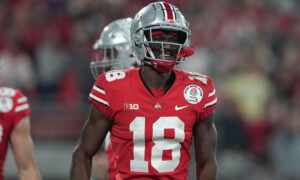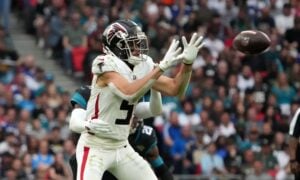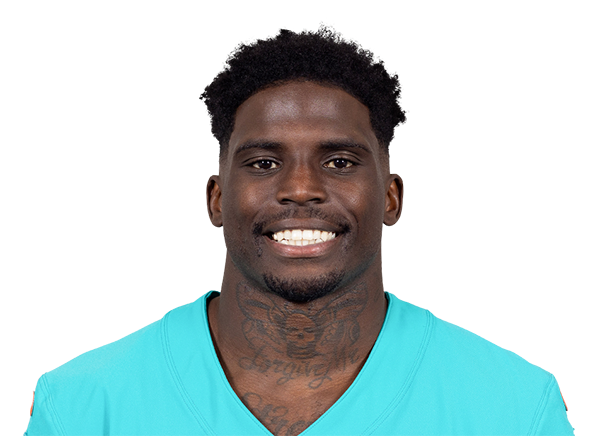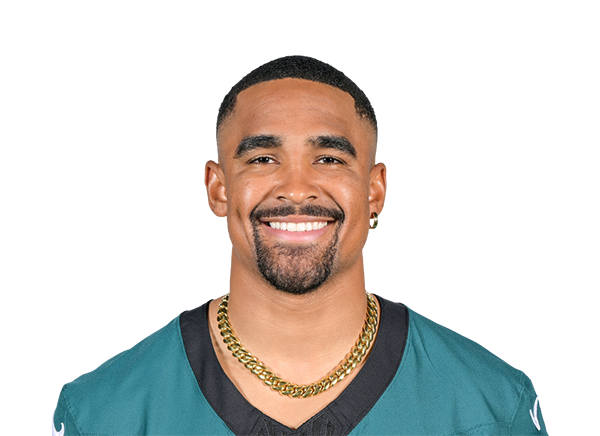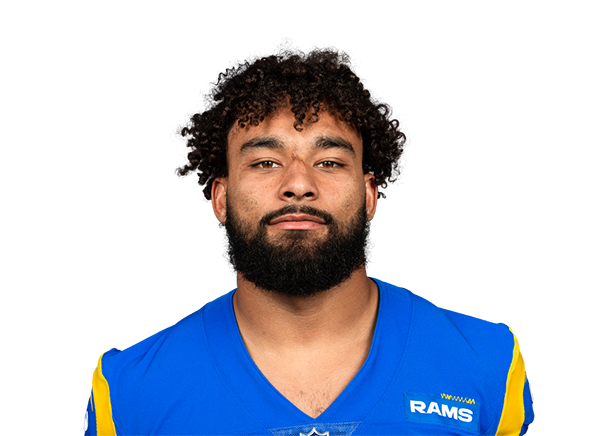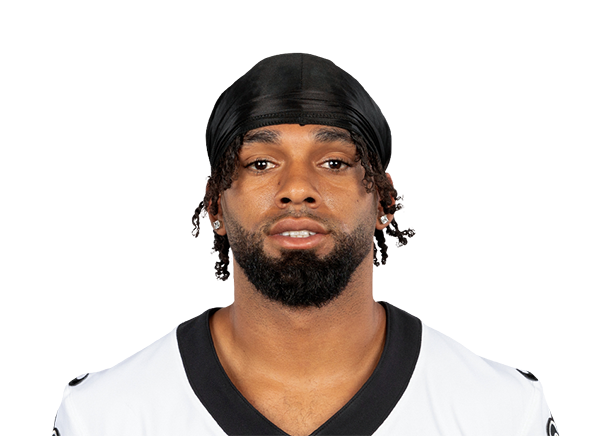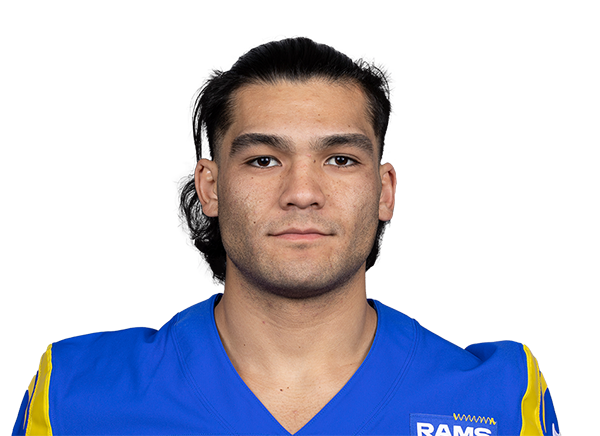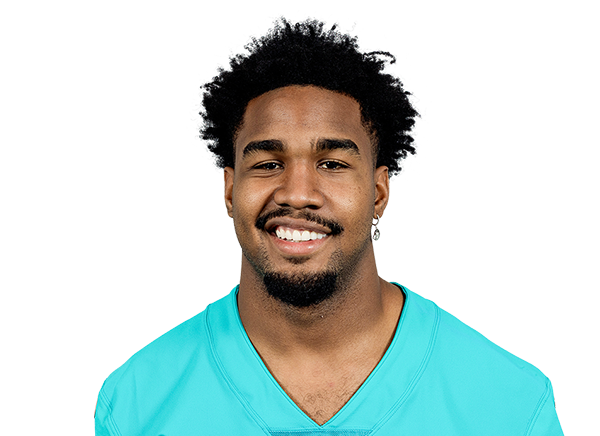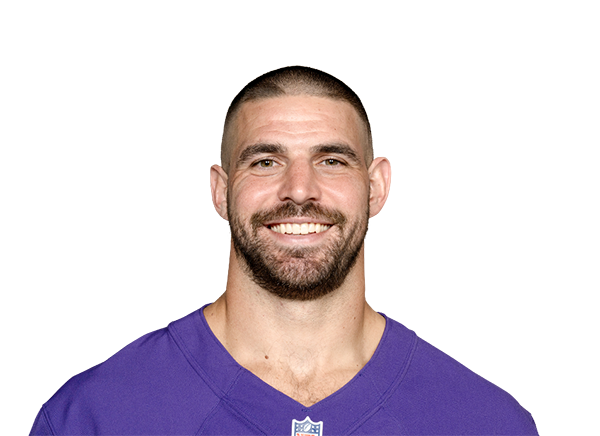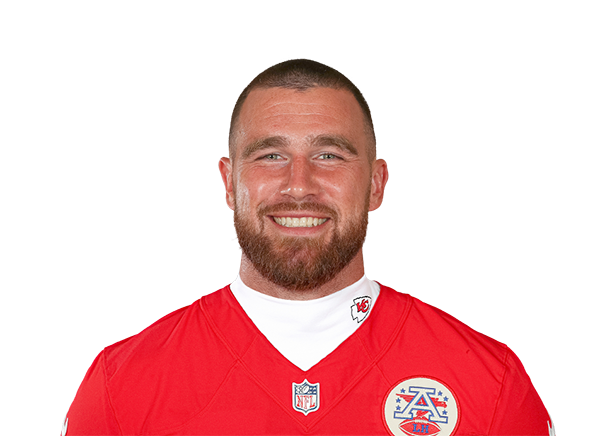Melvin Gordon: Time to Panic or Not?
If you’ve owned Melvin Gordon in the past, you’ve had some ups and downs along the way. He’s gained over 4,800 yards rushing and receiving, and 38 touchdowns since he entered the league four years ago. Those numbers are good for fourth and third overall respectively in that span.
The downside is that he’s had several injuries over the years, three of which have happened during the fantasy playoffs. I know because I’ve been there. As great as he has been getting you to the playoffs, he’s been unreliable getting you through them.
Gordon was the 15th overall pick in the 2015 NFL Draft. He has spent his entire career with the Chargers, carrying the load out of the backfield nearly in its entirety along the way. The Chargers picked up his fifth-year option on May 2 of last year, and there were no signs of any issues that may arise prior to the start of the 2019 season.
Until now.
Gordon is frustrated with the negotiations, and wants a new deal to be finalized prior to week one. If nothing happens between now and then, he has requested a trade or else he will sit out the season.
Why The Demands?
Just since last year, we’ve watched running backs Todd Gurley, David Johnson, and Le’Veon Bell all find their own way to new contracts. Gordon sees himself as the same caliber of these players and would like to be treated similarly.
All running backs enter the NFL through a standard four-year rookie contract, but only a few are able to sign a lucrative second deal that stretches well into a player’s career. One such reason is that the prime age for a running back is between 24 and 26.
If you sign your rookie deal at 22, you’re going to be forced to play it out during most of your prime years, giving all running backs a small window of time to sign a deal that will protect their future. Gordon is already 26, so playing this season out would devalue his brand next year, as the number of prime seasons left on his body would be minimal.
A fifth-year option was added onto Gordon’s rookie deal because he was a first-round pick who performed well, and the Chargers wanted to extend his services. This means he would be forced to play at age 26 with no guarantee of any future money, and would not be able to strike a new deal until he turned 27.
On top of this, there’s no guarantee that he’d even get a new deal at age 27, since the Chargers could simply tag him for another year. This isn’t out of the realm of possibilities since there is far less risk for a team to tag a player than to sign him to a long-term deal, especially for a running back.
Gordon is only signed through 2019 and wants a new deal prior to playing it. The risk on his end is that he’ll get injured badly enough to miss out on his one chance to earn that lucrative second contract.
The longer he goes without a new deal, the bigger the chance he has on missing out on that valuable second contract. It was difficult for Bell to get the money he wanted, and he’s an elite talent who has out-performed his rookie contract. Bell is 27 years old and had to fight for two years to get what he deserved. Gordon doesn’t want to find himself in the same position.
Will He Actually Sit Out?
Melvin Gordon has made $10.6 million dollars up to this point in his career. His rookie contract was extended through the fifth-year option, which will pay him a $5.6 million salary for 2019. We’ve already talked about the reasoning behind sitting out the season, but will he actually go through with it?
Let’s consider the factors involved. Behind him on the depth chart sits Austin Ekeler, Justin Jackson, and Detrez Newsome. Other than Ekeler, it’s possible you’ve never even heard of the other two guys. At first glance, nobody comes across as a risk to take over his job in his absence. Advantage Gordon.
Last season, Gordon had to sit out four games due to injury. These were in week seven, and weeks 12 through 14. The Chargers won all four of those games, and while that seems like an advantage for the Chargers, the opponents were the Titans, Cardinals, Bengals, and Steelers. None of these teams were good enough last year to make the playoffs.
As a team, three of the five worst rushing performances happened when Gordon missed time. The only game in which the Chargers performed well on the ground without Gordon was against the hapless Cardinals. The final score was 45-10, and the Chargers simply ran the football to run out the clock, thus inflating the numbers. Advantage Gordon.
The Chargers didn’t sign or draft anybody to secure depth behind their primary back. Their 12-4 season last year was in large part to Gordon’s Pro-Bowl season of almost 1,400 yards and 14 touchdowns in only 12 games. The team needs Gordon if they want to have similar success this year. Advantage Gordon.
The Chargers moved to a new city and struggled with attendance their first two years in Los Angeles. They need to build as much hype and enthusiasm as they can in order to turn a large profit, and that’s hard to do when one of your biggest names is unavailable. Advantage Gordon.
And lastly, let’s talk about consequences. This is an excerpt from Joel Corry, former NFL agent on the discussion of holding out: “A team can fine a player a maximum of $30,000 for each day of training camp he misses… A year of service toward free agency isn’t earned without a player reporting to his team at least 30 days prior to NFL’s first regular season game.”
The last part is the hardest-hitting fact of this whole situation. Unlike other holdouts we’ve seen in past seasons — Melvin Gordon is contractually obligated to show up and play for the Chargers this season. Huge Advantage — Chargers.
Bell didn’t have to show last year because he never signed his contract, he was merely tagged, which means only his rights belonged to the Steelers, not his services. Gordon is under contract and therefore has to show or else he won’t accrue the time necessary to become a free agent next year.
Conclusion
If Gordon wants to get paid, the best he can do is threaten a holdout through training camp before eventually showing up August 6, which is the deadline for players under contract to report to their clubs to earn an accrued season for free agency.
Gordon can sit out training camp and be fined $30,000 per day by the team, and he might do so in order to make a statement and/or avoid injuries, but there’s no threat on the team to take over his job so it’s a relatively safe move.
My opinion on the current situation is that his agent is helping him create some noise to show how serious he is about getting paid. This move is more of a publicity stunt than anything else.
Gordon knows he is in a no-win situation and so do the Chargers. This is the reason why the Chargers didn’t sign any free agents or draft any players. They knew they had the upper hand all along and figured this day would come. They aren’t worried about the upcoming season.
The best he can do is kick and scream and make some noise. The threat of a holdout into the season, in my best guess, is a warning to the team to not tag him next year. But as far as this year goes, he’ll eventually have to show up and play because of the rules of his fifth year option.
Melvin Gordon owners, you can now relax.
- 2023 Dynasty Riser, Faller and Longshot Predictions: San Francisco 49ers - July 28, 2023
- The Dynasty Value of Trading a 2023 Rookie Pick for a 2024 Pick - May 19, 2023
- How and Where to Pick Running Backs - May 15, 2023







